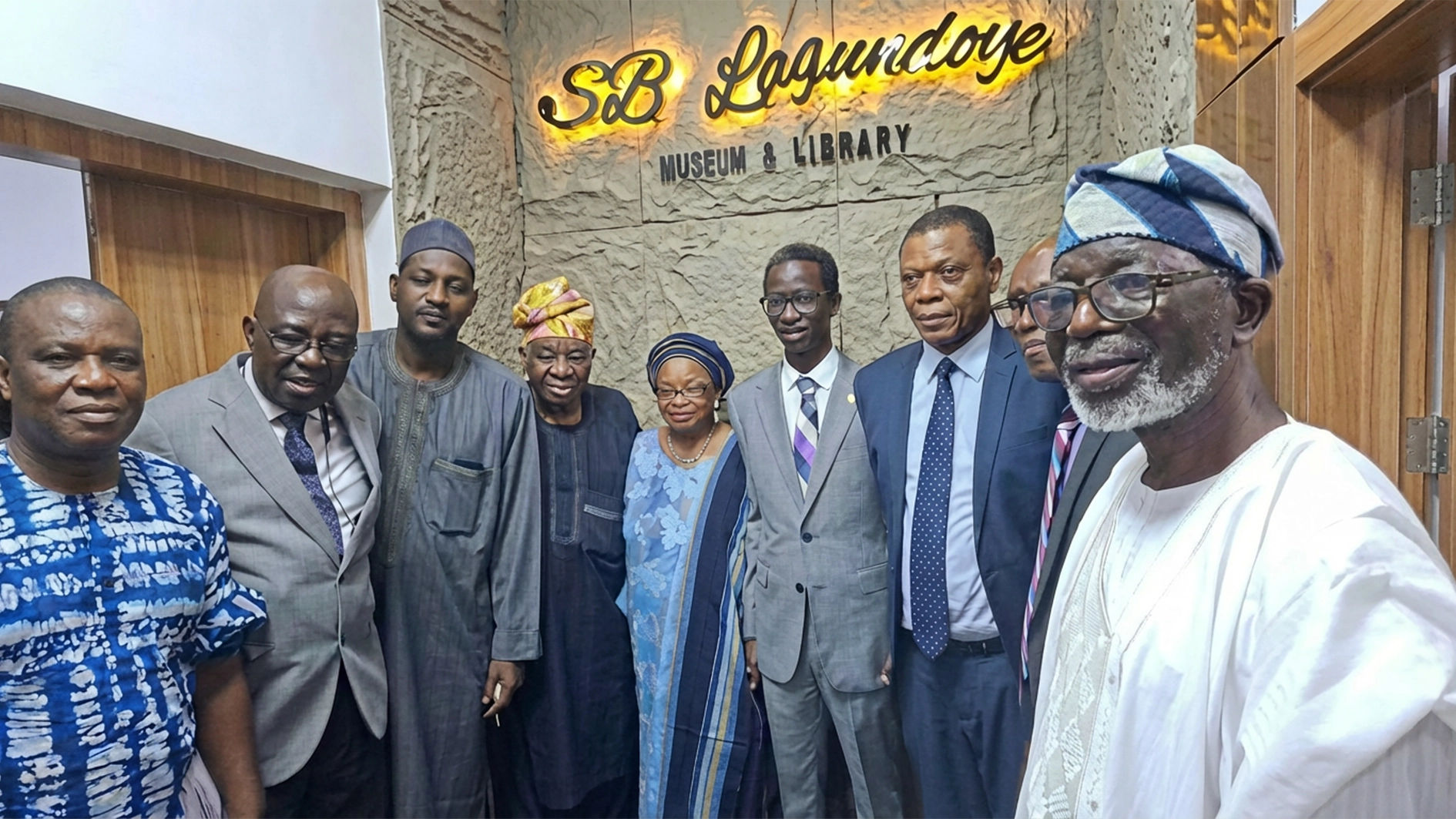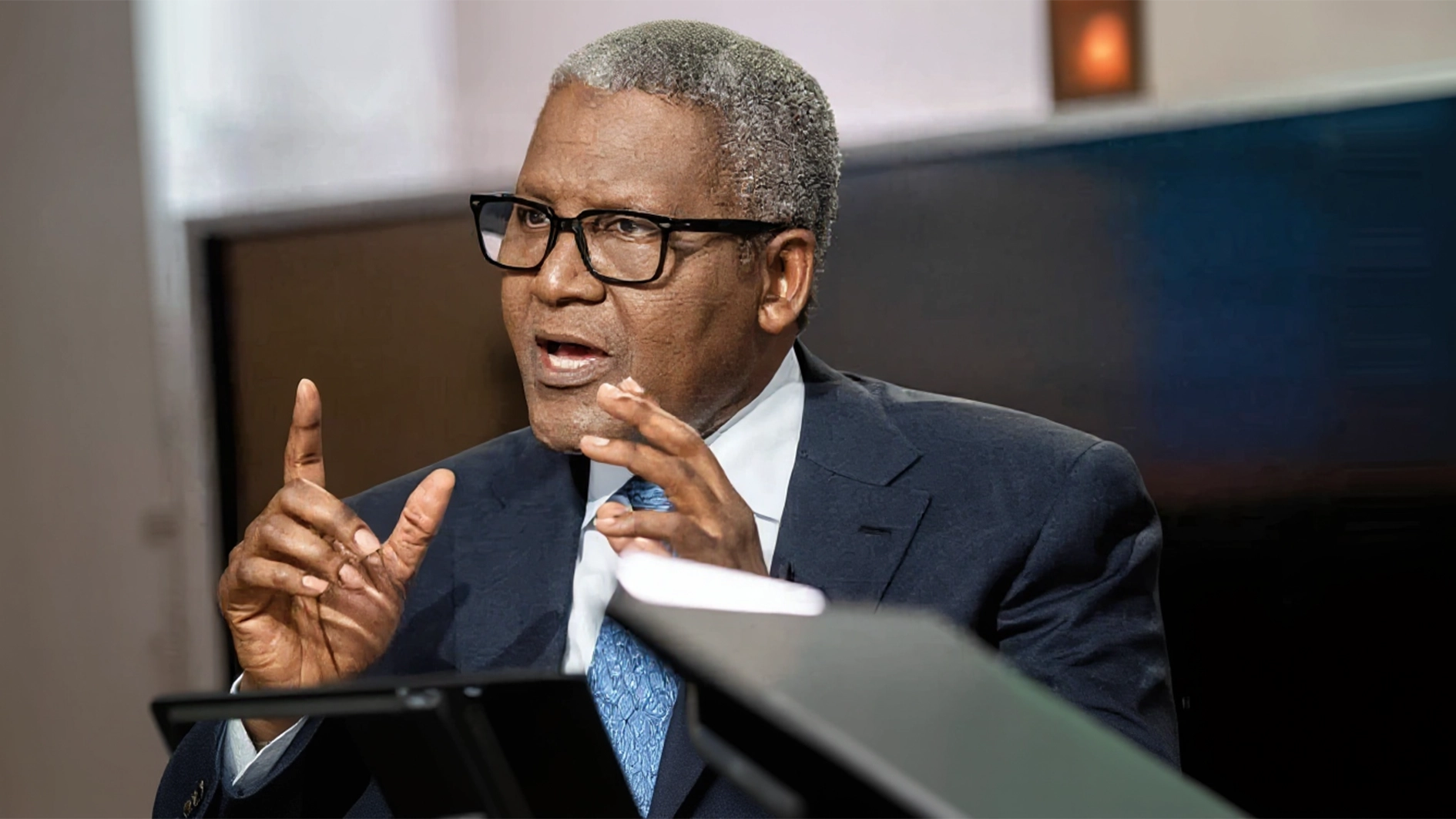
Founder and Chancellor of Afe Babalola University Ado Ekiti (ABUAD), Chief Afe Babalola, SAN, on Thursday, queried the Federal Government for establishing the Students Loan Scheme only to exclude students from private universities from benefiting, wondering whether they are not Nigerians.
The legal luminary, who stated this at the ABUAD International Hydrogen Summit 2024, which was held at the university campus in Ado Ekiti, lamented that private universities were equally excluded from TETFund for no justification.
“I will now deal with some of the problems militating against the attainment of quality and functional education in Nigeria:
“TETFund was established by the Federal Government. Its source of funds is money collected from private organisations. We all know that private universities are precluded from accessing funds from TETFund.
“Recently, the Federal Government established the Students Loan Scheme. Again, students from private universities are precluded. Are they not Nigerians? Again, what have you done about it?
“The Federal Government gives money to public universities for research. I am not aware of any university (private or public) that has achieved more in research than ABUAD. Yet, ABUAD has not benefited from the government in this regard.”
In his keynote address, the Minister of State for Environment, Dr Iziaq Adekunle Salako, said that the country is at a critical juncture where it must transition to cleaner energy sources in a just and equitable manner.
According to the minister, who was represented at the event by the Director General Research Institute of Nigeria, Prof. Zachariah Buba, with 45% of the population of Nigeria lacking access to the national electricity grid and more than 50% of its households energy-poor, green hydrogen has become the way out, saying it would also help the country to lead in the global decarbonisation effort.
“This green hydrogen initiative is aligned with our broader climate goals, particularly Nigeria’s commitment under the Paris Agreement and our Nationally Determined Contributions (NDCs) to voluntarily cut emissions by 20% by 2030 compared to a business-as-usual scenario.
“The development of green hydrogen will serve as a critical tool in achieving our long-term goal of net-zero emissions by 2060.”
In his remarks, the Ekiti State Governor, Mr. Biodun Oyebanji, noted that the green hydrogen initiative is more than just meeting the nation’s energy needs, saying it’s an opportunity to position the country as a leader in the hydrogen economy.
Oyebanji, who was represented by his wife, Dr. Olayemi, added that green hydrogen can help decarbonise industries that have been hard to clean up, industries like heavy manufacturing, transportation, and aviation.
“Equally important is the infrastructure to support this vision. Building hydrogen plants, pipelines, and distribution networks is crucial not just for our own energy needs but to position Nigeria as a top exporter of green hydrogen.”






